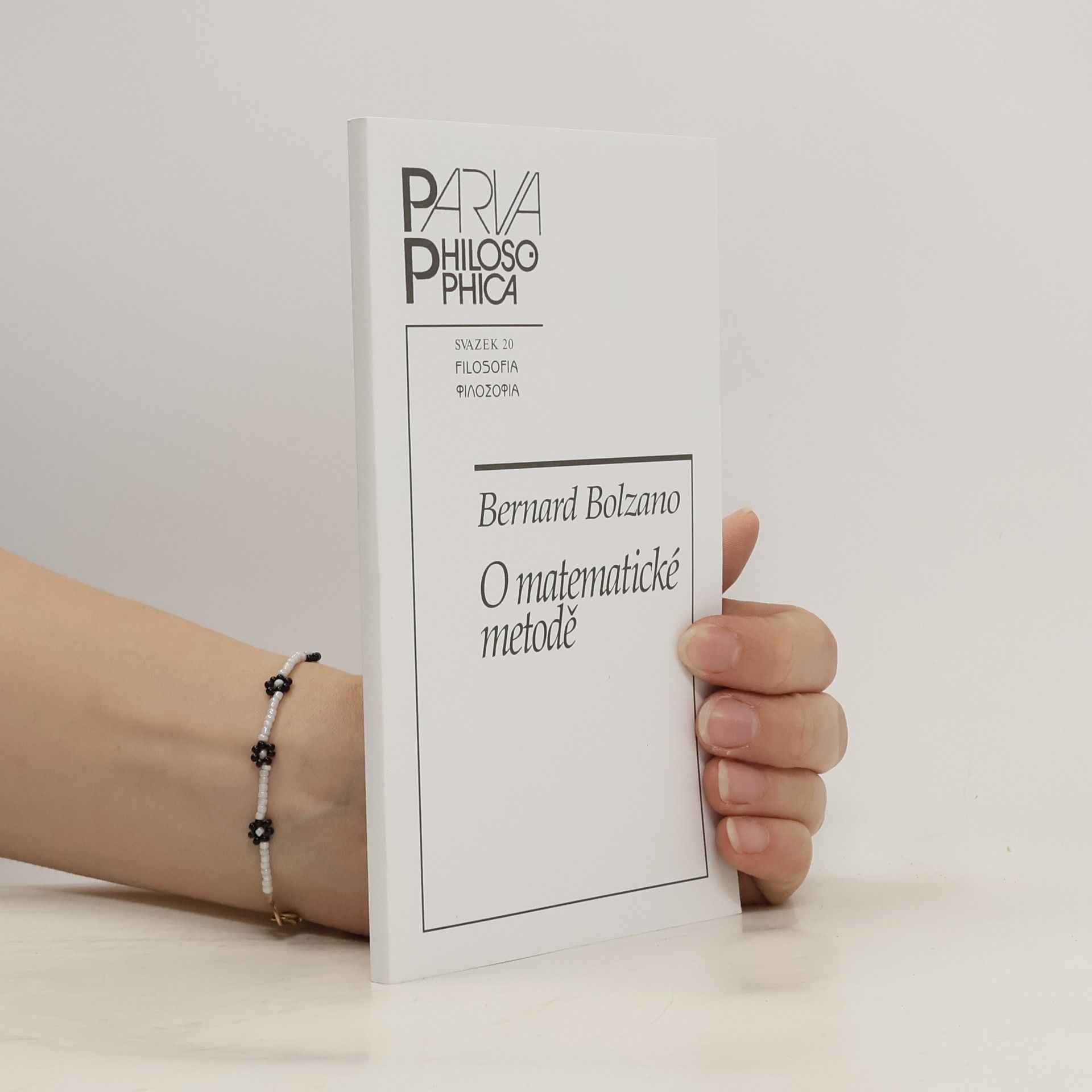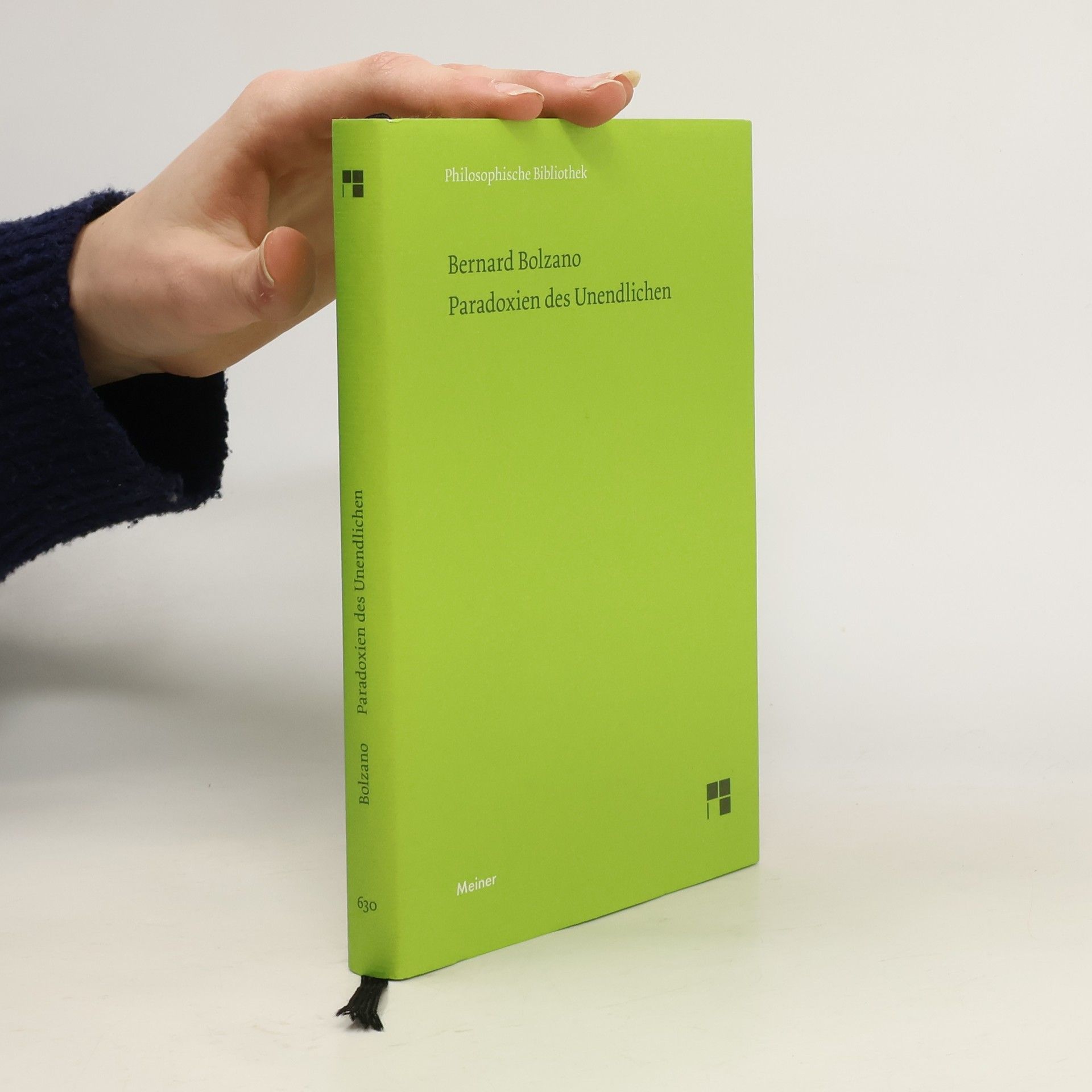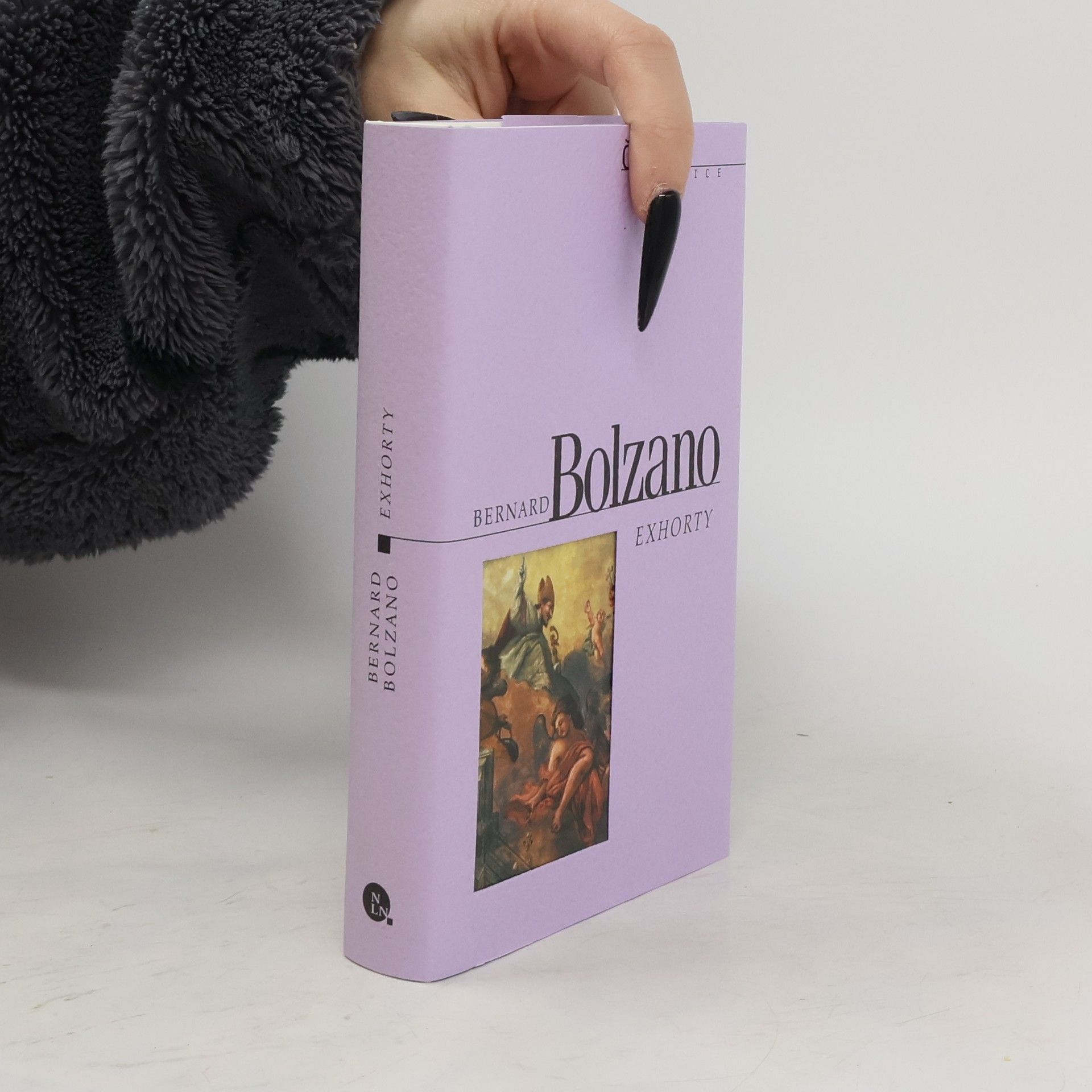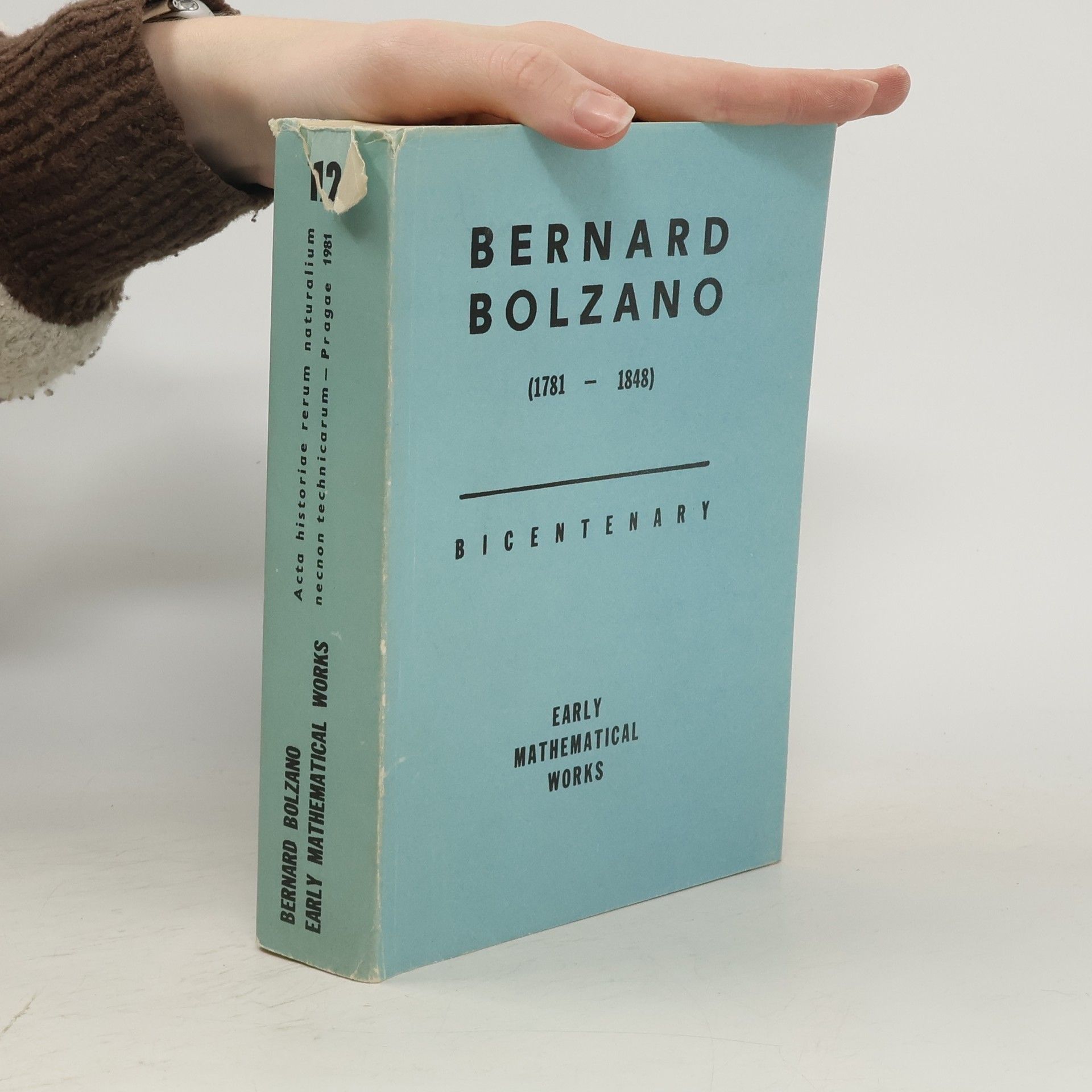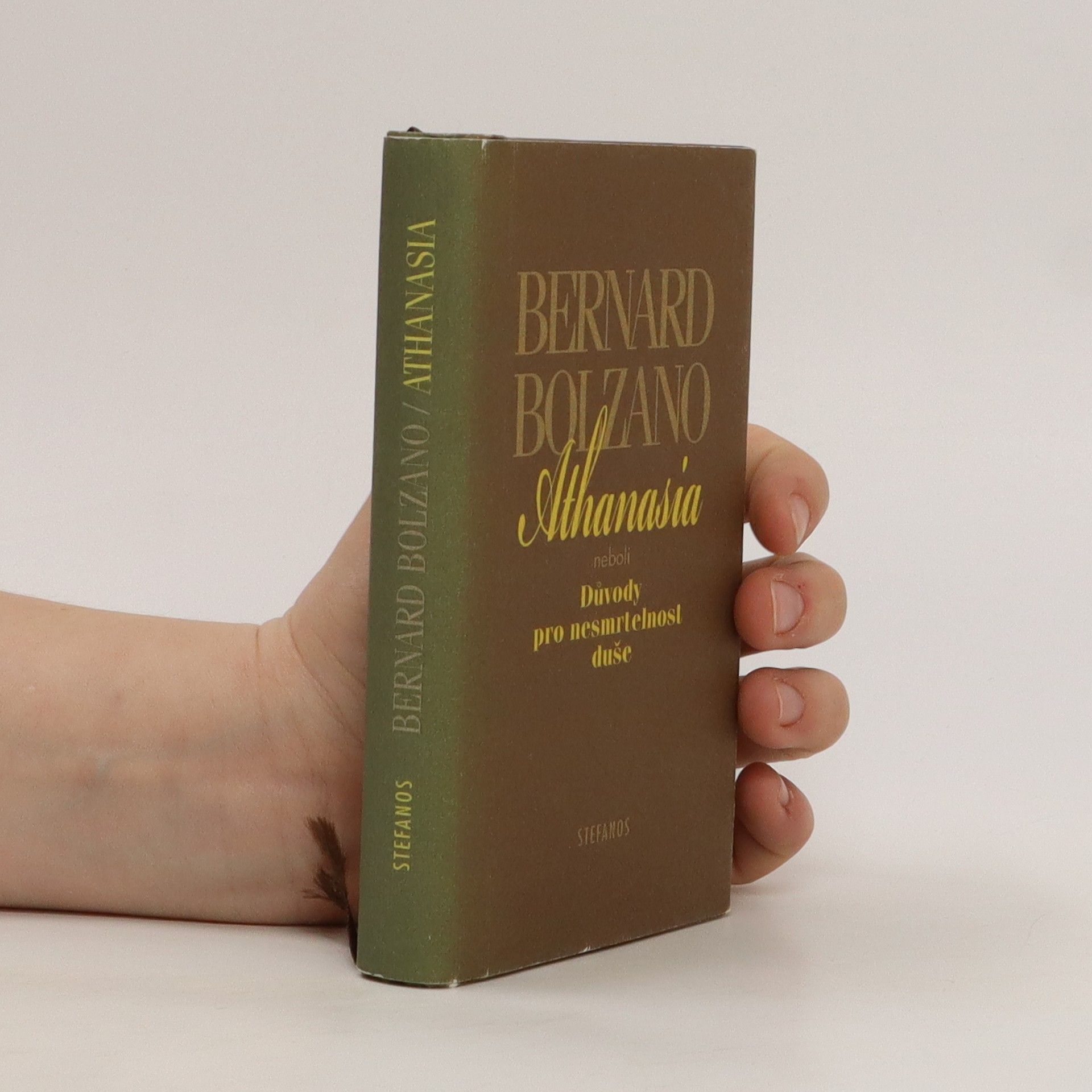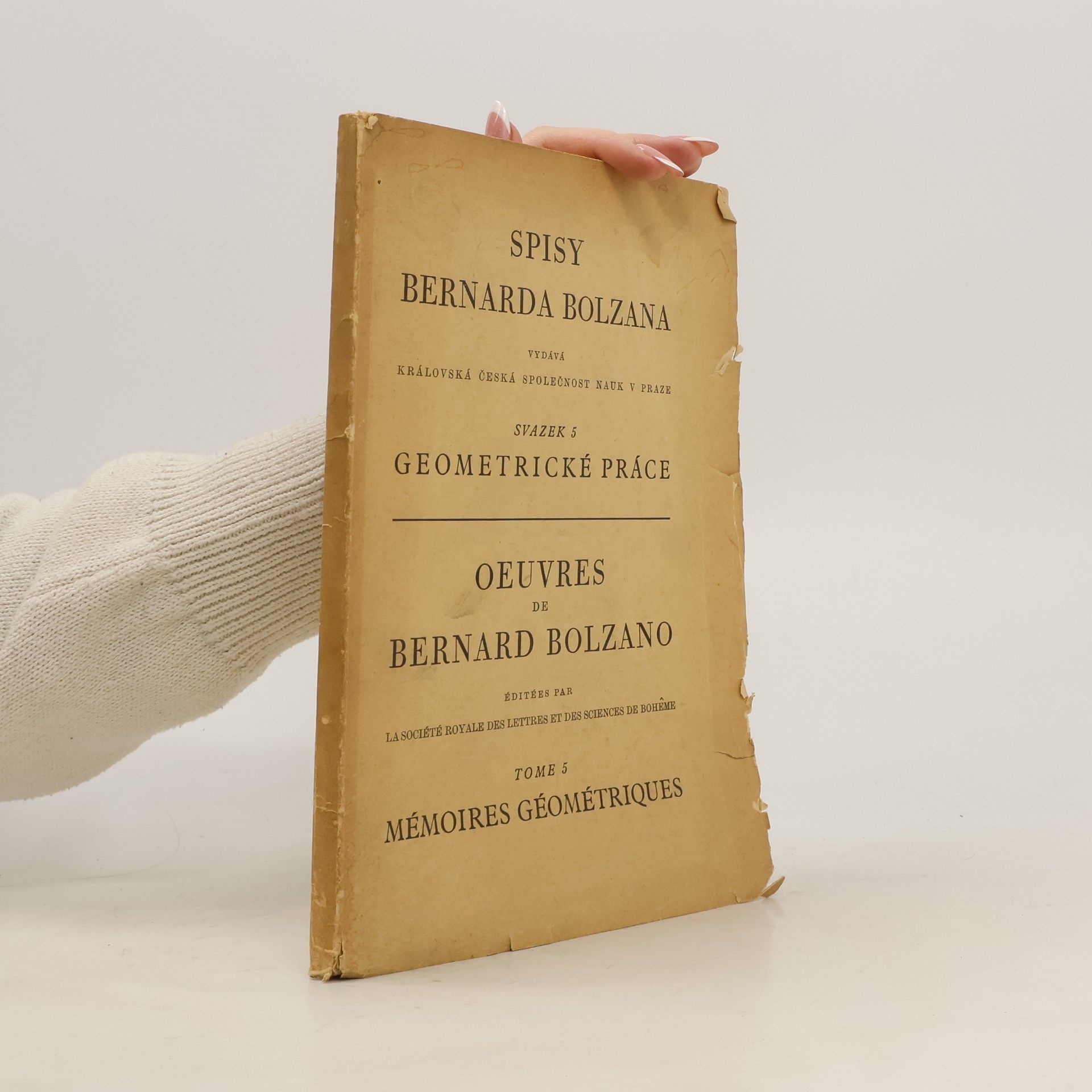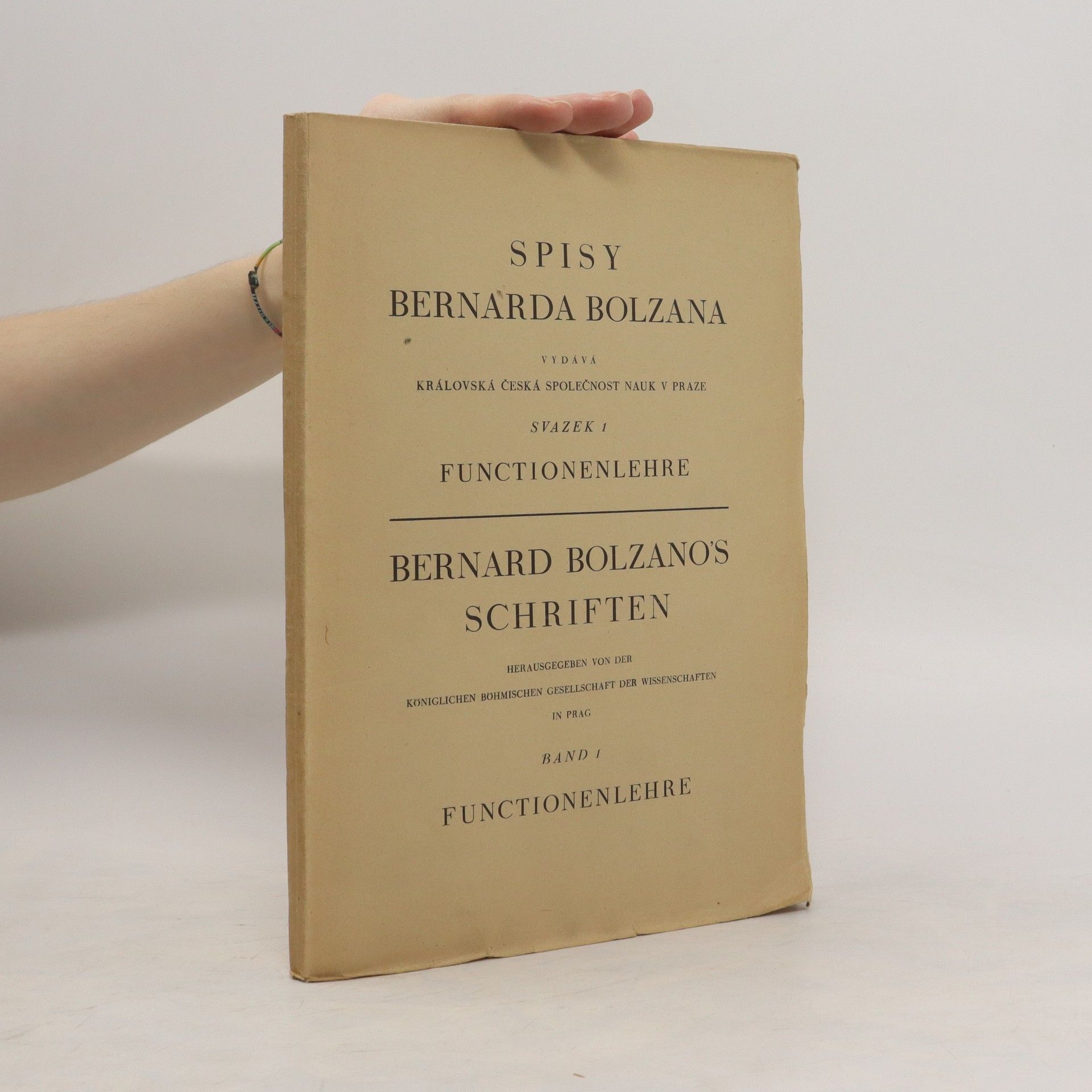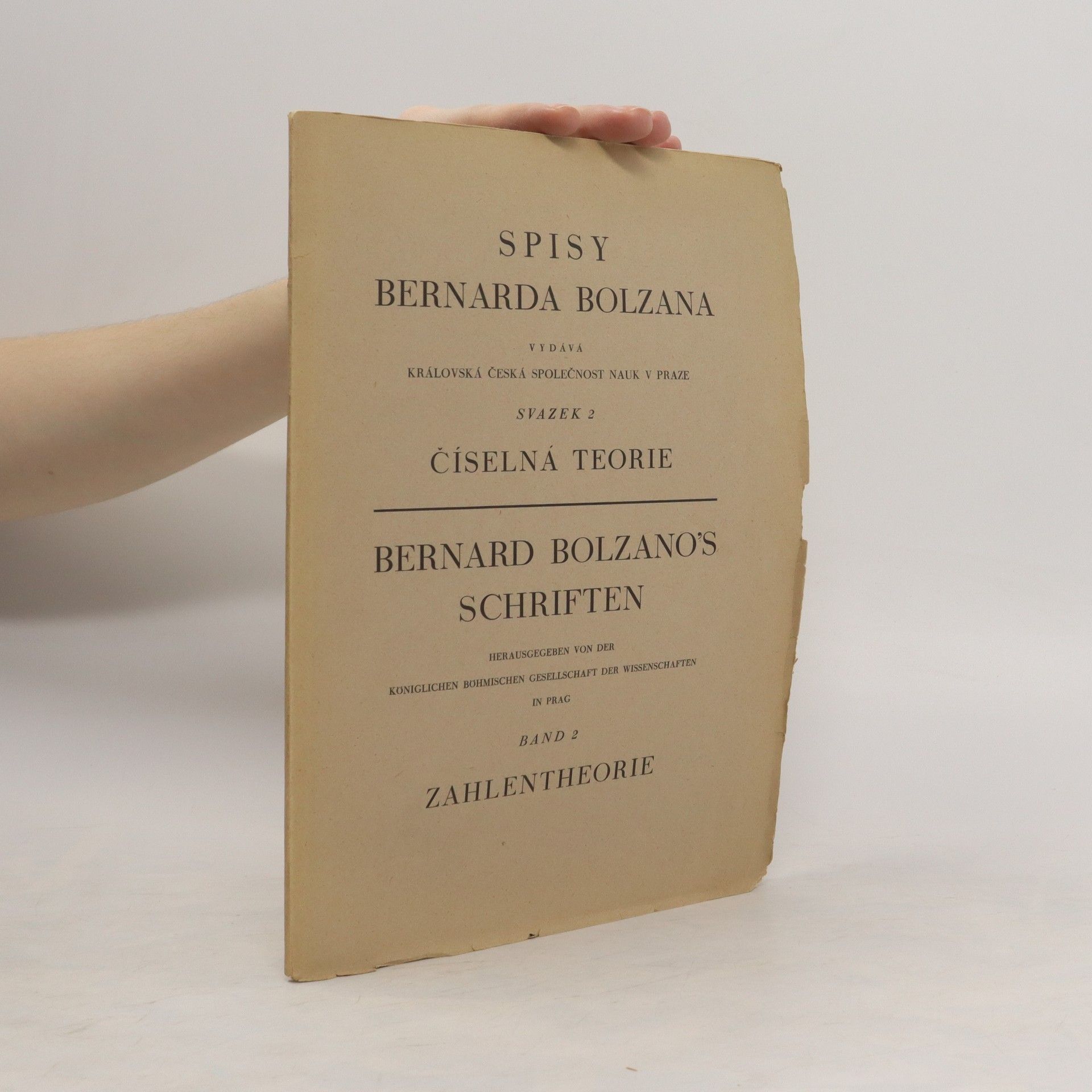Essays on Beauty and the Arts
- 176pagine
- 7 ore di lettura
Bernard Bolzano's (1781-1848) writings in aesthetics are clear, concise, and explicit about method. Provocative and revisionary, they champion broad views of beauty, the arts, and their social function. Dominic McIver Lopes's introductory materials place Bolzano's essays in context, give them a new interpretation, and map out how to teach them, in full or in part, in a variety of courses.

